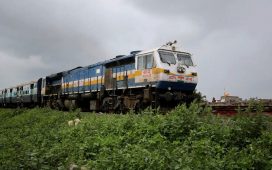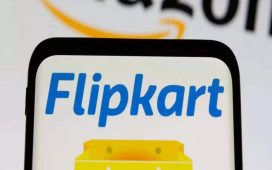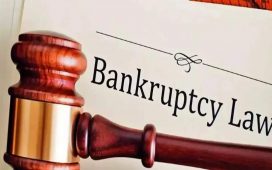FT’s report says that Tata, one of Apple’s suppliers, has seen only a 50% yield in their production line at a casings factory in Hosur. Apple prefers zero defects. Apple’s process of expanding in India has been slow owing to issues with logistics, tariffs and infrastructure, it added.
Apple’s CEO Tim Cook at a recent earnings call said that the company is bullish on India, with the company building out production in the south Asian giant to reduce its reliance on China, where US trade restrictions and Covid-related disruptions have made manufacturing riskier.
However, its India output has thus far been limited to the iPhone, making AirPods the second Apple product now partially manufactured in the country.
Prime Minister Narendra Modi has made it a national priority to grow India’s manufacturing sector, providing financial incentives and government support for companies’ expansion projects. Apple has played a central role in that effort, with partners such as Hon Hai Precision Industry Co. producing more iPhones in the country for the latest generation than ever before.
Cupertino, California-based Apple has a long way to go to diversify out of China, which makes nearly 98% of iPhones. The iPhone maker wants India to account for up to 25% of its production, from about 5%-7% now. J.P.Morgan analysts estimated last year that a quarter of all Apple products would be made outside China by 2025, from 5% currently.
Apple has bet big on India since it began iPhone assembly in the country in 2017, in line with the Indian government’s push for local manufacturing. Finland’s Salcomp, a supplier to Apple, plans to double its workforce in India to 25,000 over the next three years, targeting annual revenue in the country of at least $2 billion to $3 billion by 2025, a top company executive said on Monday.
“The whole supply chain is now kind of looking at an alternative. And India is poised to be one of the best alternatives,” Sasikumar Gendham, managing director, Salcomp Manufacturing India, told reporters in Chennai.
“Everyone knows that the whole world has been depending on this one nation (China) over the last few decades and it’s time to really diversify and decluster,” he added.











